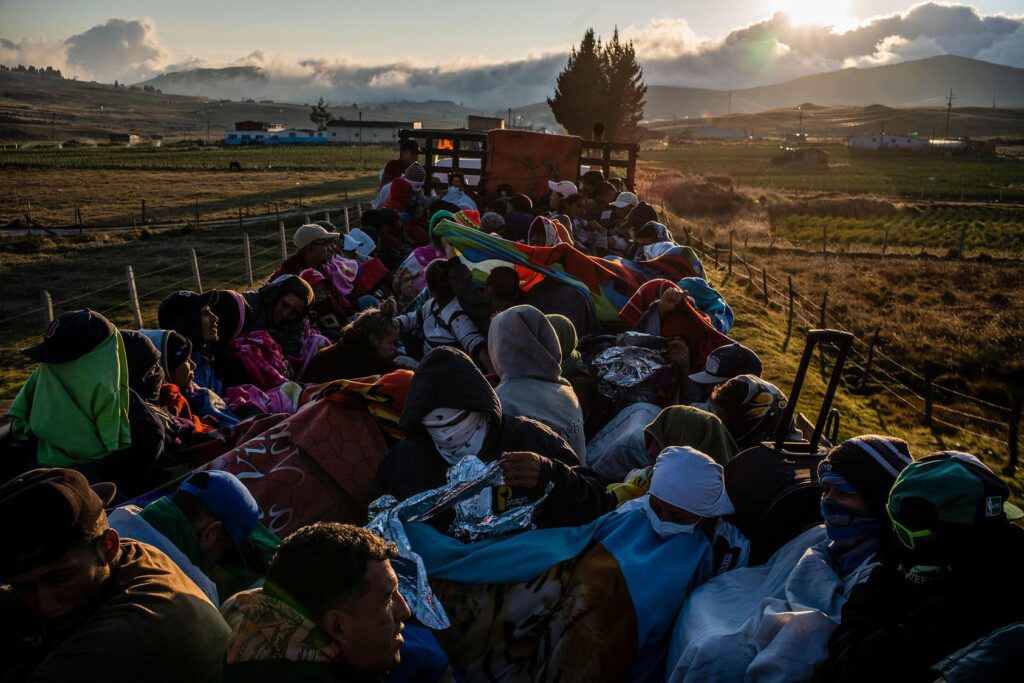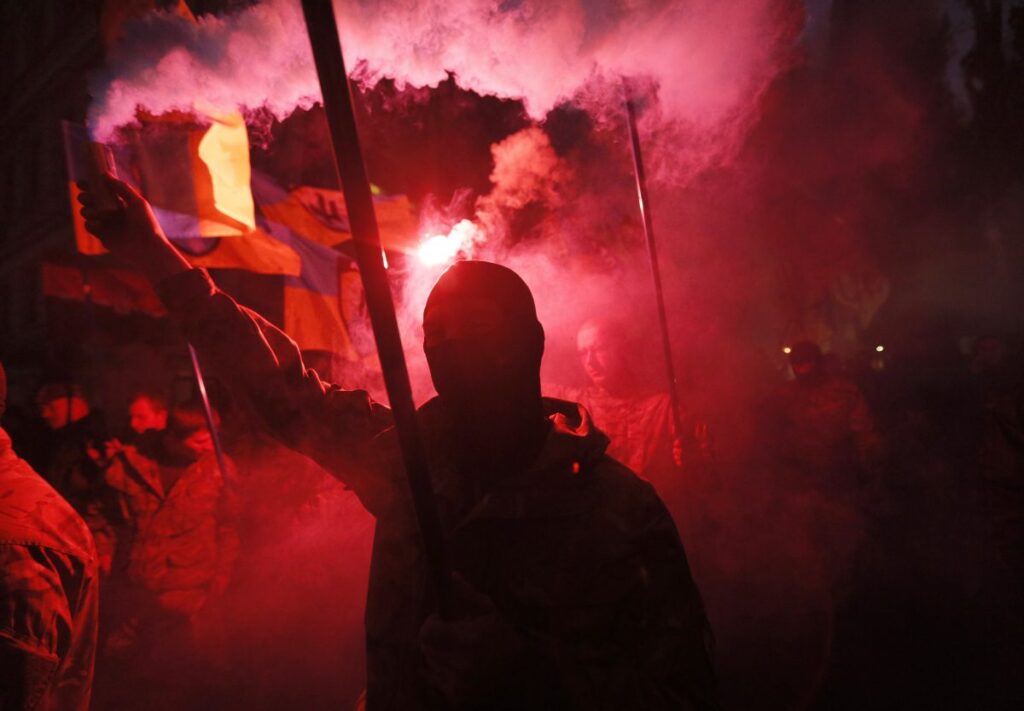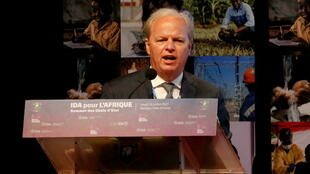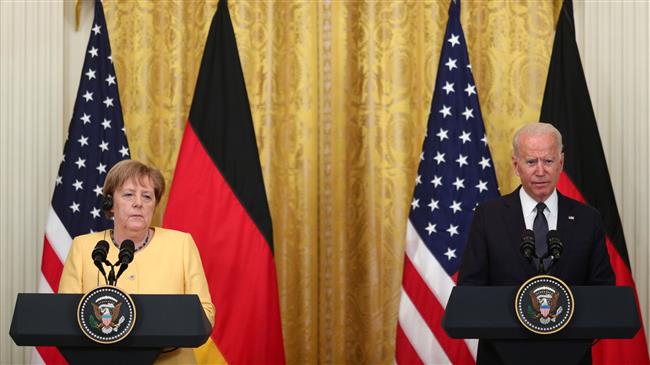‘Pegasus Project’ Uncovers a Privacy Nightmare
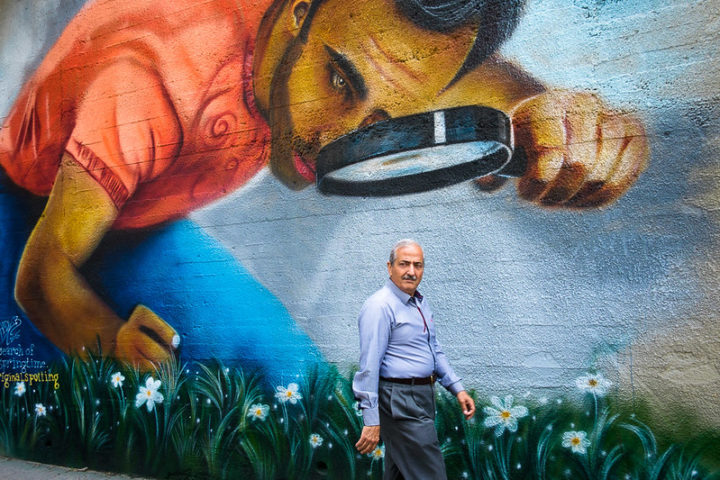
Pegasus, military-grade spyware designed by the Israeli surveillance firm NSO Group to track terrorists, was used to hack 37 smartphones of journalists, human rights activists and politicians, according to an investigation known as “The Pegasus Project” conducted by The Washington Post and 16 other news organizations led by the journalism nonprofit Forbidden Stories.

